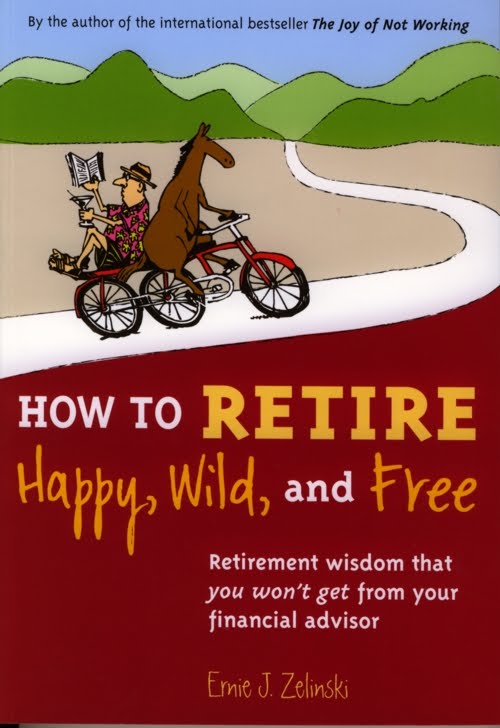
"Fidelity’s research shows that when it comes to the timing of their retirement, the summer months are the tops for Canadians. When you consider the relatively short summer Canada enjoys, it seems that retiring Canadians want to take full advantage of the summer months by not spending them at work," says Peter Drake, vp, economic and retirement research, Fidelity.
While Fidelity’s research shows that more Canadians retired in the summer months, for almost four-in-10 Canadians celebrating their retirement certainly was not their first priority. Thirty-six per cent of retirees stated that they did not celebrate or mark their retirement with anything special. This is partially explained by the 40% of retirees that report they have continued to work after retiring. Luckily, the majority of retirees did celebrate with company parties (31%), parties thrown by family or friends (18%), taking a special trip or vacation (14%) or starting a new hobby (12%). One-in-seven retirees marked their retirement by meeting with their financial advisor.
- 1. According to a recently released Statistics Canada study, almost half of Canadian households spend more than their pretax income in a given year. That's up from 39 per cent in the early 1980s. From 1982 to 2001, the study found, per capita debt doubled, because of sharp increases in both mortgages and consumer debt.
2. 67 percent of Canadians say money is their most frequent worry.
3. Only 40 percent of Canadians know how many millions are in a billion.
4. Still worse, only 25 percent of Canadians know the difference between the National debt and National deficit.
5. According to Desjardins Financial security's latest retirement study, many Canadians are not prepared for the challenges retirement can bring. They are failing to consider a variety of factors and risks that can have an impact on the yield and longevity of their savings, such as inflation, rising life expectancies and healthcare costs. Nearly 60% of those surveyed are not concerned about having a large enough nest egg to sustain their standard of living in retirement. More than 80% have not eliminated their consumer debt in retirement and even more are not concerned about paying off their mortgages (88%). And more than half are not worried that inflation will erode their savings.

Top 10 Reasons to Buy and Read How to Retire Happy, Wild, and Free
1. You are ready to claim your freedom from corporate life.
2. You want to follow your retirement dreams instead of someone else's.
3. As a spiritually and highly evolved human being you know that how to enjoy life to its fullest is much more important for creating an active, satisfying, and happy retirement than how much money you have saved.
4. Many retirement columnists and retirement seminar presenters have ranted and raved about this book. For instance, retirement columnist Nancy Paradis of the St. Petersburg Times in Florida advises, "Get this book if you look forward to a retirement with 'zing.' "
5. With it's great title and the inspirational subtile, this book makes the perfect gift for the soon-to-be retired friend or for the person retiring at the office.
6. You agree that "Retirement is the beginning of life, not the end."
7. You have put money in proper perspective so that you don't need a million dollars to retire.
8. You want to generate great purpose in your entire retirement life with meaningful, creative pursuits.
9. You like finding extremely useful information about retirement such as The Get-a-Life Tree that you won't find in any other book, but which is acclaimed by people who have read How to Retire Happy, Wild, and Free.
10. Above all, you want to make your retirement years the best years of your life.

Over 95,000 Copies Sold
Published in 7 Foreign Languages
Purchase How to Retire Happy, Wild, and Free on Amazon.com before you submit your retirement letter with this direct link:
Retirement Resources by Ernie Zelinski on His Websites, Blogs, and Article Websites
- Jobs During Retirement at The Real Success Resource Center
- Free Retirement Speech on The Retirement Speeches Café









